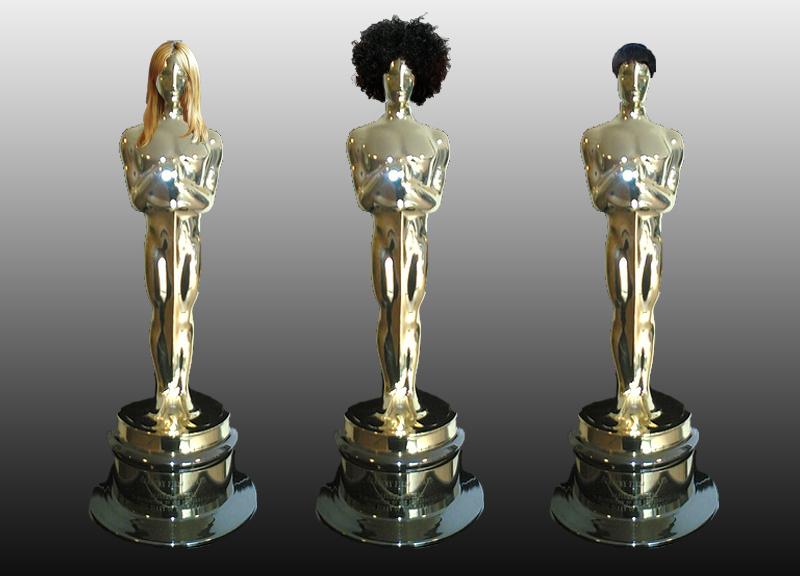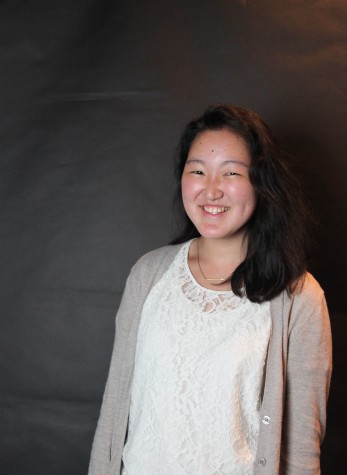Arbitrary representation isn’t enough: it has to be meaningful.
April 5, 2016
As African-American after African-American glided across the stage to present awards at the 2016 Oscars, I felt a glimmer of hope. The annual award show is infamous for lacking diversity, and despite the fact that no African-Americans were nominated for Oscars this year, at least they were trying to compensate in this way.
However, when three Asians took the stage, I didn’t feel that same sense of hope. Maybe that was because they weren’t given the glamorous role of presenting an award in a tuxedo or floor-length gown, and instead were three young Asian children used as props for a racist joke.
In the middle of the show, host Chris Rock ushered three oblivious-looking Asian children, probably no older than 7 years old, onto the stage, joking that they were the accountants in charge of calculating the Oscar votes, all while the crowd laughed at the scene before them.
In addition to referencing the very tired stereotype that Asians are good at math, this “joke” also made light of the very real issue of child labor that still exists in many Asian countries.
Maybe, maybe, I could have simply looked the other way, but what worsened the situation was the fact that this was occurring during an event specifically aimed to focus on diversity. Sure, at least Asians were mentioned, but highlighting Asian stereotypes wasn’t exactly what I had in mind as far as representation is concerned.
There’s also the fact that the audience laughed at this spectacle. But what if a host made a joke directed towards African-Americans about slavery? Or what if a white host tried to make any joke at all? Would people still be laughing?
Don’t get me wrong—I’m not trying to say that Asians historically excelling at math and African-Americans being oppressed for years are on the same level whatsoever. But just because Asians have been coined the “model minority” doesn’t mean that we can be made fun of with the excuse that it’s actually some type of backhanded compliment.
While there were a number of African-Americans on stage at the awards show, and even segments that called the Academy Awards out on their lack of diversity—a bold move that I felt was necessary—African-Americans aren’t the only underrepresented minority in the film realm.
After all, the world isn’t just black and white.
Putting African-Americans on the stage in no way compensates for the derogatory remarks made towards Asians, let alone the complete lack of representation of Latinos and Indians and other groups that were not spoken for via demeaning joke or otherwise.
I hope to one day live in a world in which representation of minority groups in the Academy Awards isn’t something we need to try so hard to achieve, rather something that occurs without thought. But, if this is the way Asians are represented, I’d prefer no representation over poor representation.








